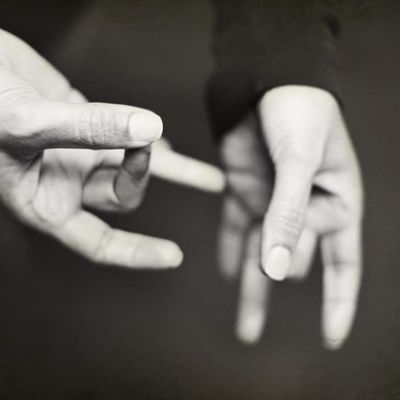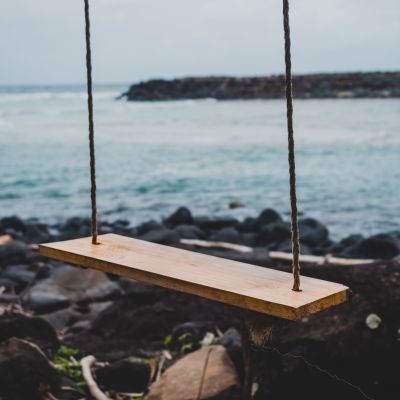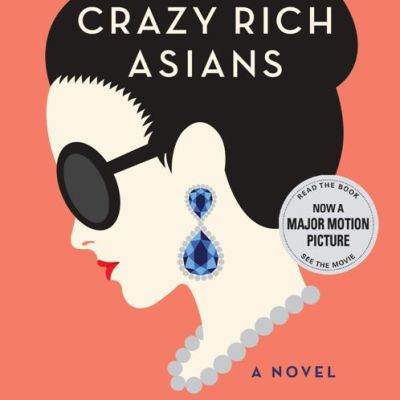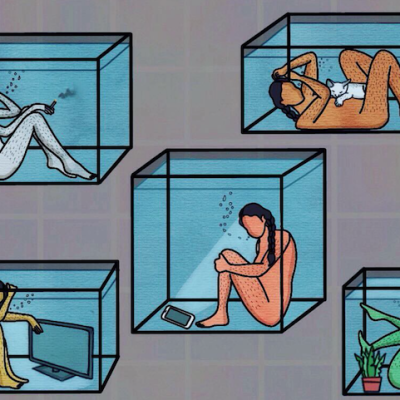Categories
Viewed from the ‘sexual-moral high ground’ of couples (especially married couples), long-term singlehood is generally labelled as a deficit, a lack,or an inability to be emotionally involved in a relationship rather than being seen as a lifestyle choice.
In a recent class, I asked Kanika and Tincy, our ISL teachers, how we could sign sexuality, and they asked, “How do you explain sexuality?” I wondered how I could sign ideas like attraction, pleasure, gender, values, and so on, but tried nevertheless, using my limited vocabulary, apologetic about being reductive.
The movie Shubh Mangal Saavdhan was a commentary about perversions in our society – the denial of the truth about sexuality, that sex is normal, that sex could be just another physical need, that sometimes sex can be boring, that sometimes sex can frustrate.
We live in a world where resilience is celebrated and given priority over attempting to resolve factors that force one to be resilient. Campuses shouldn’t aim to merely be inclusive of diverse individuals – they must strive to not only affirm them but also celebrate them.
Being vulnerable helps boost our self-esteem and self-worth by pushing us out of our comfort-zone. It provides us with an opportunity to overcome obstacles and reach deep down within ourselves to find strength and confidence to keep going even when the odds are against us.
Our sexuality is often in flux – being manoeuvred (sometimes in ways we cannot control) by the crashing waves of societal expectations, circumstances, and our own choices and experiences. But the world continues to uphold a fixed, rigid idea of sexuality, and continues to confine us within this idea, and therein lies the conflict.
This awareness of the status ascribed to women – the status of being the objects of men’s desires – affects every aspect of a woman’s life. Desire then, in particular, becomes an aspect of a woman’s life where navigation becomes tricky.
In fact, once when I referred to Sheriff Callie (a cartoon character) as a man, I was sternly told she is a woman. Doc McStuffins, another of their favourite cartoon characters, is a smart girl who can fix anything. She inspires my nieces to think boldly.
“I realised plus-size acceptance is neither a movement to eat whatever you want nor is it about placing restrictions,” Amina said. “It’s about being kind to your body and realising you are not defined by the size of your waist.”
I discovered the movie What Will People Say? while browsing Netflix. Growing up in a society in which people are…
TARSHI has been running a survey (we’re still accepting responses) to understand how people feel about their sexual lives during the…
Sexual rights include the right to express one’s sexuality freely, without discrimination on the grounds of sexual orientation, and to have access to provisions in the legal framework that are all-inclusive and offer protection whenever the need arises.
Kwan’s ‘Crazy Rich Asians’ does not just highlight the lifestyle of the segment of Singaporean society that is unimaginable and unattainable to most people, it amplifies that heterosexuality is often not a choice.
I am confident in my sexuality and know what I want from life. I definitely do not want to be joined at the hip with a man to feel fulfilled. But I do know what I want from a man and I can enter a relationship from a point of equality rather than subservience.
As an integral aspect of the self, sexuality is at the core of home in the ways in which that home designs space for sexual being, an evolving sexual self, sexual experience and sexual expression, or does not do so, or does so for some members of the home but not for others.















